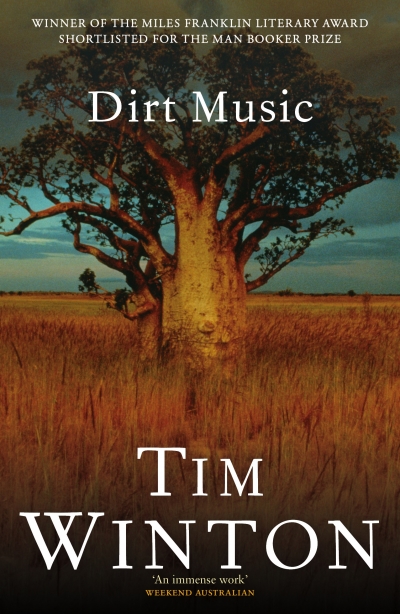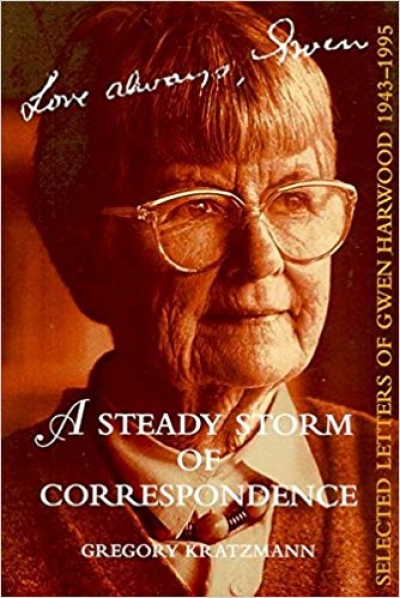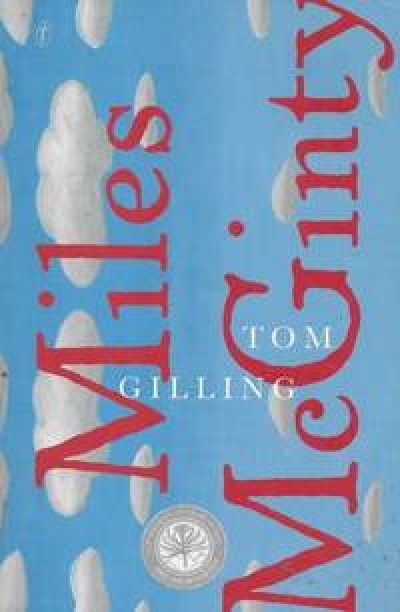Archive
A Steady Storm of Correspondence: Selected Letters of Gwen Harwood 1943–1995 edited by Gregory Kratzmann
Surgery, Sand and Saigon Tea by Marshall Barr & Behind Enemy Lines by Terry O'Farrell
‘It’s the essence of Bollockshire / you’re after: its secrets, blessings and bounties.’ So Christopher Reid reads from his hilarious poem at the King’s Lynn Poetry Festival.
park and pay ...
assuming this isn’t the week
of the Billycock Fair, or Boiled Egg Day,
when they elect the Town Fool.
From here, it’s a short step
to the Bailiwick Hall Museum and Arts Centre.
As you enter, ignore the display
of tankards and manacles, the pickled head
of England’s Wisest Woman;
ask, instead, for the Bloke Stone.
Surprisingly small, round and featureless,
pumice-gray,
there it sits, dimly lit,
behind toughened glass, in a room of its own.
... (read more)Bauman’s point of departure
Dear Editor,
Boris Frankel bursts in through open doors. He gives Zygmunt Bauman and me stick for speaking our truths (ABR, October 2001). Viewed in its own terms, what remains of the Left in Australia is in a bad way because it has failed (1) to clarify its ethics, norms and values and (2) to develop alternative visions and policies upon them; because (3) there is no popular bearer or social movement available to carry these invisible ends; and (4) because there is no evidence of popular support for a new society, present unhappiness and misery notwithstanding. If this is not modern, what is it? (If the Soviet and Nazi experiences were not modern, what were they?)
... (read more)






